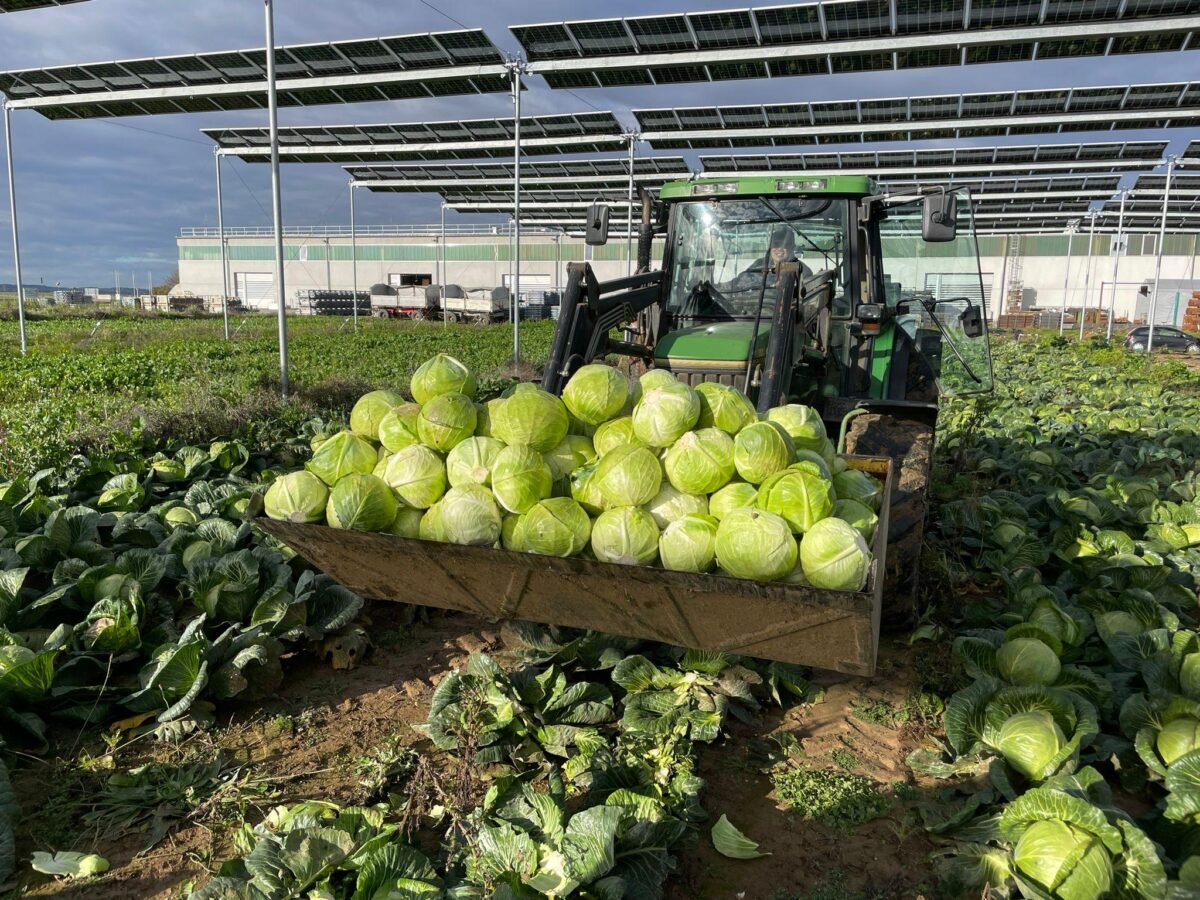Since early this year, a European team has been working on a two-year research project with a budget of €2 million ($2.05 million) to investigate with a plan to apply the findings in new models and software.
The research, which includes a pilot plant to test solutions conditions in the Nordic region of Europe, covers the use of both overhead PV and ground-mounted PV, specifically the type with PV installed between rows of agricultural crops, in vertical, fixed tilt and tracker-based arrays. The study will also consider other factors, such as water consumption.
The software will support a range of crop and PV system combinations, including an agrivoltaics mapping function, with crop and energy yield estimate support. It will be compatible with the platform developed by Norway’s Glint Solar, whose software is used by project developers for solar plant siting, design, and collaboration. In addition, some of the results of the research results will be published.
The members of the consortium include Glint Solar, France’s Kilowattsol, a French agrivoltaics specialist and co-founder of France Agrivoltaisme, a trade body for agrivoltaics, Danish Renewables, a Lyngby, Denmark-based PV project and engineering firm, and Germany’s Fraunhofer Institute for Solar Energy Systems (Fraunhofer ISE).
Xavier Daval, CEO of Kilowattsol said in a statement that the dual use of land for solar PV and farming “must ensure that PV on agricultural land is contributing to solving the problem, not exacerbating it”.
This project is one of the latest European agrivoltaics-related research initiatives. For example, Fraunhofer ISE is working on a pilot in Germany to use PV panels as shade for young fir trees. In France, efforts to align business and agricultural interests are underway, as well as projects to improve the economics of certain crops with PV energy productions and to use PV to enable improved olive cultivation.
This content is protected by copyright and may not be reused. If you want to cooperate with us and would like to reuse some of our content, please contact: editors@pv-magazine.com.



By submitting this form you agree to pv magazine using your data for the purposes of publishing your comment.
Your personal data will only be disclosed or otherwise transmitted to third parties for the purposes of spam filtering or if this is necessary for technical maintenance of the website. Any other transfer to third parties will not take place unless this is justified on the basis of applicable data protection regulations or if pv magazine is legally obliged to do so.
You may revoke this consent at any time with effect for the future, in which case your personal data will be deleted immediately. Otherwise, your data will be deleted if pv magazine has processed your request or the purpose of data storage is fulfilled.
Further information on data privacy can be found in our Data Protection Policy.